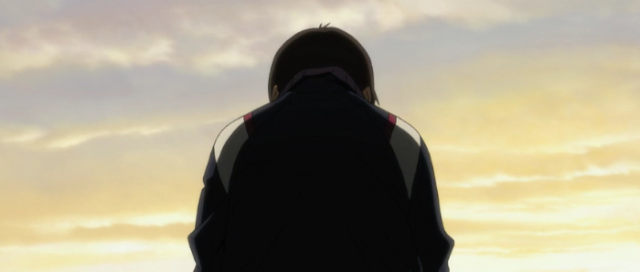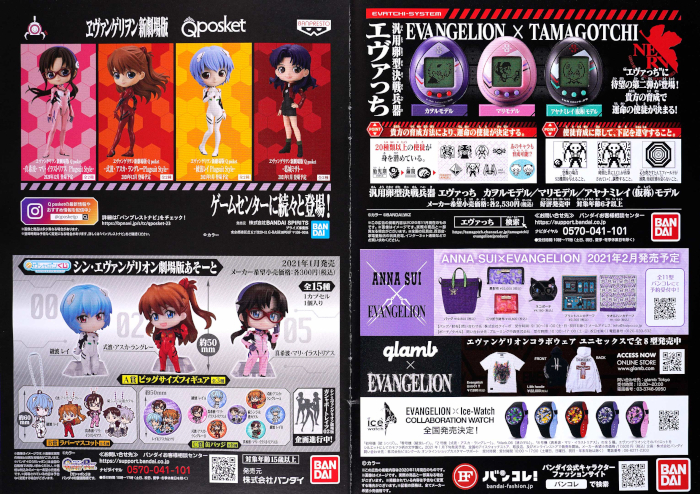Wednesday, August 18, 2021
Evangelion 3.0+1.0 (2021)
The Evangelion franchise elevates itself above shonen anime through its well-written characters, philosophy, theory of mind, and metafiction. (Specifically, the notion that all of physics and human interactions exist in an entangled state dependent on perception, and that human will dictates the nature of the universe and everything that happens. Some call it quackery, some call it the power of love. Why not conflate science with religion? It’s called a world view. Deal with it.)
Nope, it’s a totally rational hard sci-fi franchise! Its departures from “mainstream” science are just satire. Absolutely….
The main thing simpletons look for in a review is whether or not the critic liked the film, so let’s get that out of the way first: I liked it. 3.0+1.0 is better than the previous installment and its singular fixation on robot battles, but it’s debatable how well it stacks up against 1.0 and 2.0, and The End of Evangelion is definitely better. The TV anime is also better than Anno’s final Evangelion film. But I liked it.

So much information is sent to the audience that I find it difficult to highlight the most significant aspects of the film, so instead I present what comes to mind.
* Anno likes money. This movie had a noticeable amount of product placement, and Japanese theaters handed out art books to accompany it, complete with ads for merchandise. Here is an example:

* The shanty town in the film parallels Anno’s childhood. I can’t do it justice in a review, so there is no point in explaining further.
* It is now apparent that there are Asuka-type clones as well as Rei-type clones. This feels like an observation that anime girls are either Asuka-type or Rei-type, which highlights how shallow the medium has become.
The End of Evangelion is a product of Japan’s bubble period, while Evangelion 3.0+1.0 is a product of global economic destruction. As such, the former asks “what have we become?” while the latter confidently asserts “this is what we’ve become.” It is aware of the culture surrounding the franchise, it passes the torch, and it opens the door to the exploration of more mature themes. By “it” I mean the film as well as its auteur.
If you came for giant robot battles, don’t worry, it has those too. There is also drama and philosophy at the surface level, but there is equally deep meaning in the colorful nonsense visuals. It’s almost like the film has a split personality of these segments:
* bullshit robot battles with no meaning whatsoever
* philosophical robot battles whose reality transcends the medium
* Anno’s childhood
* Anno’s adult life
Conspicuously absent is the “school drama” element found in earlier installments. When you consider that in conjunction with the Asuka-type and Rei-type clones, the meaning is clear: Anno is fed up with kawaii anime girl love comedy bullshit. Rather than satirize it like Kumeta Kōji (Katteni Kaizō, Sayonara Zetsubou-sensei), he leaves it alone altogether.
It’s like a regression to high school angst and a rejection of everything “cute”. I understand. It’s deeper than that! But I could use more silly youthful cuteness. In a broken society, what’s your defense mechanism? I deny reality and lash out at people I don’t like, which is probably healthier than turning internal and acting like Anno’s depressed self-insert character. I hope he finds a new franchise that prevents him from burning out, and I hope his fans who love him so deeply show him their affection in a way that is more effective than bothering the owners of his childhood home.